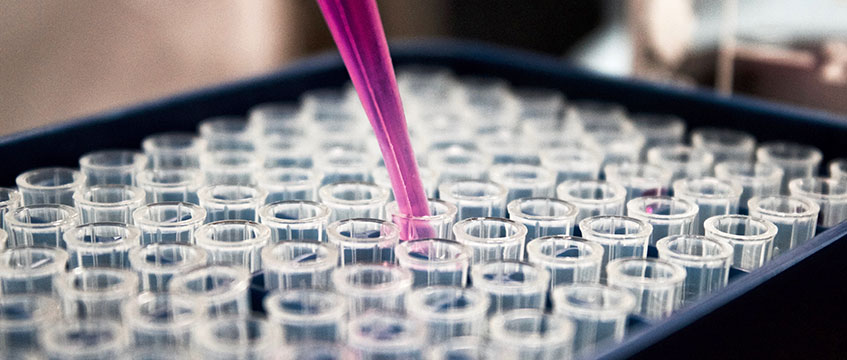The Francis Crick Institute has joined forces with British Land, BlackRock and Reef Group to further develop London’s Knowledge Quarter as a science and technology hub.
The institute is collaborating with British Land on space at 20 Triton Street, NW1, which forms a part of the Regent’s Place campus. The Crick will help fit out and operate a 30,000 sq ft facility, which is due to be delivered in October 2024.
The workspace, located on the third floor of the 89,000 sq ft office block, will provide fitted lab and write-up space with shared areas as well as access to the institute’s scientific expertise.
The building was previously occupied by the trading arm of Gazprom Marketing & Trading but the lease was terminated following the outbreak of war in Ukraine.
Late in 2022, British Land secured permission from Camden Council to convert the third floor of the building into lab space.
The developer is currently working on the installation of the external mechanical plant and new air source heats pumps to address the additional cooling load required.
The move follows a deal signed with University College London, one of the institutions behind the Francis Crick Institute, in May 2023.
This gives Regent’s Place occupiers access to UCL’s technical services and facilities and in turn creates the opportunity for British Land to support the growth of UCL spin outs.
Gerald Eve advised British Land on redevelopment of 20 Triton Street.
The institute is also collaborating with BlackRock and Reef Group on 52,000 sq ft of space at Tribeca, N1, an 830,000 sq ft mixed-use scheme.
The first phase of the scheme completed in November last year, with the London BioScience Innovation Centre opening a 37,127 sq ft facility at the Apex, one of five mixed-use buildings in the development.
Sam Barrell, deputy chief executive at the Francis Crick Institute, said: “This is a first step towards building a broad ecosystem of Crick-related activities in the King’s Cross area and beyond.”
Paul Nurse, chief executive at the Francis Crick Institute, added: “Fundamental discovery research generates an almost unlimited pipeline of ideas that we know can be harnessed for the benefit of society. We need to collaborate with others to help capture this potential and turn it into ways that can improve human health and tackle disease.”
Photo © Louis Reed/Unsplash
Send feedback to Evelina Grecenko
Follow Estates Gazette











